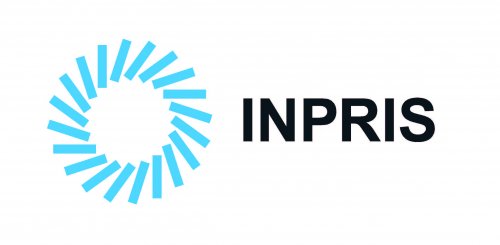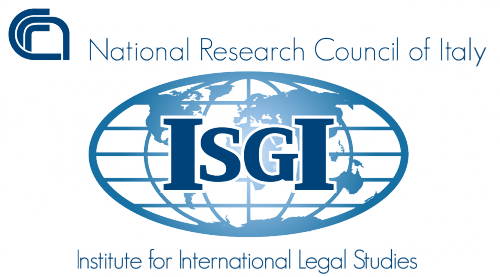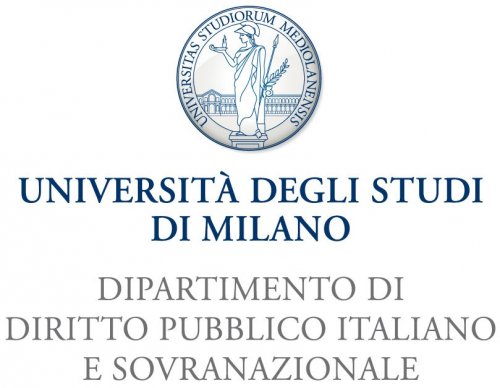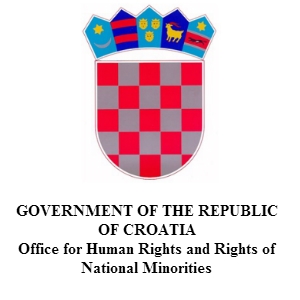Making the Charter of Fundamental Rights a living instrument
About the Project
The Charter of Fundamental Rights of the European Union guarantees for the protection and promotion of more basic human rights than any other Charter or Convention has done before. Still, its concrete implication and relevance for national legislation, jurisdiction and legal practise is not completely clear. Knowledge about its scope and effects is not anchored in legal professions, nor do NGOs, trade unions or other stakeholders of relevance in this regard know, how CFR rights can be protected. This is especially valid for the social rights vested in the CFR.
Based on this acknowledgement, the project, ‘Making the Charter of Fundamental Rights of the European Union a living instrument’ rolled out a wide range of activities that aimed at clarifying the CFR’s relevance at the national level and for EU legislation, and at developing methodologies for how to transfer the content of the Charter and knowledge about its concrete implications to those who should apply its provisions in practise, and as such making it a ‘living instrument.’
The project was composed of four parts, of both theoretical and practical nature:
Research study on the legal impact of the CFR
As a first step, a research study on the legal impact of the CFR was conducted. The analysis was composed of an evaluation of CFR provisions on legislation, practise and jurisprudence on the level of the nation state as well as on EU level, both with a focus on social rights. The knowledge obtained fed into the more practical parts or the project, and was published in a book as well as in research papers that were presented at a final conference in Rome in October 2014.
Fundamental Rights Training Manual for judges, attorneys and other legal professionals
Judges, lawyers and other legal professionals are those who should use the provisions of the CFR in practise. Many of them, however, still lack knowledge about the scope and the concrete implications of CFR rights for their daily work. Taking into account what is already taught in law schools and judicial academies, the project developed a standardized training curriculum for making legal professionals competent for applying CFR rights in their professional practise. Pilot trainings in Austria, Italy, Poland and Croatia helped to draft a manual for legal professionals’ education on CFR rights to be used EU-wide.
Information of civil society, NGOs and trade unions
In order to guarantee for the CFR to be widely applied, it is not sufficient to educate and train legal professionals, but also to make those familiar with the rights provided and how to make use of them, who assist persons and groups affected by human rights violations like NGOs, trade unions and other civil society actors. Guidelines of how to use the CFR were developed for these target groups and for the wider public. The guidelines include easy-to-understand information about the rights guaranteed by the CFR, and practical guidance for their application in practise and were published in English, German, Italian, Polish and Croatian. A series of seminars and round tables in project partner countries (AT, IT, PL, HR) served to raise awareness and knowledge about the CFR. The seminars contributed to the capacity-building of NGOs and trade unions for how to include CFR rights in their legal assistance work. The round table discussions aimed at reaching a wider public and at making it familiar with the concepts of CFR rights and their applicability.
International conference on the application of the CFR
A final conference in Rome in October 2014 served to sum up all project findings and to present them to practitioners in the field of human rights as well as to legal professionals more generally.
The training manual as well as the guidelines for civil society can be ordered at the LBI-GMR: tze.bssvpr@havivr.np.ng and are available for download, see below.
Project Data
Country: European Union (EU)
Contact persons: Katrin Wladasch
Lead Organisation: Ludwig Boltzmann Institute of Fundamental and Human Rights (LBI-GMR)
Partner organisations: Istituto di Studi Giuridici Internazionali (ISGI), Roma, Faculty of Law of the University of Milan, INPRIS – Institute for Law and Society Warszaw, Office for Human Rights, Zagreb as Associate Partner
Project start: 01/2013
Project end: 12/2014
Project completed: Yes
Funded by: European Commission – DG Justice, Federal Ministry for Justice, Federal Ministry for Labour and Social Affairs
Programme Line LBI-GMR: Asylum and Migration






